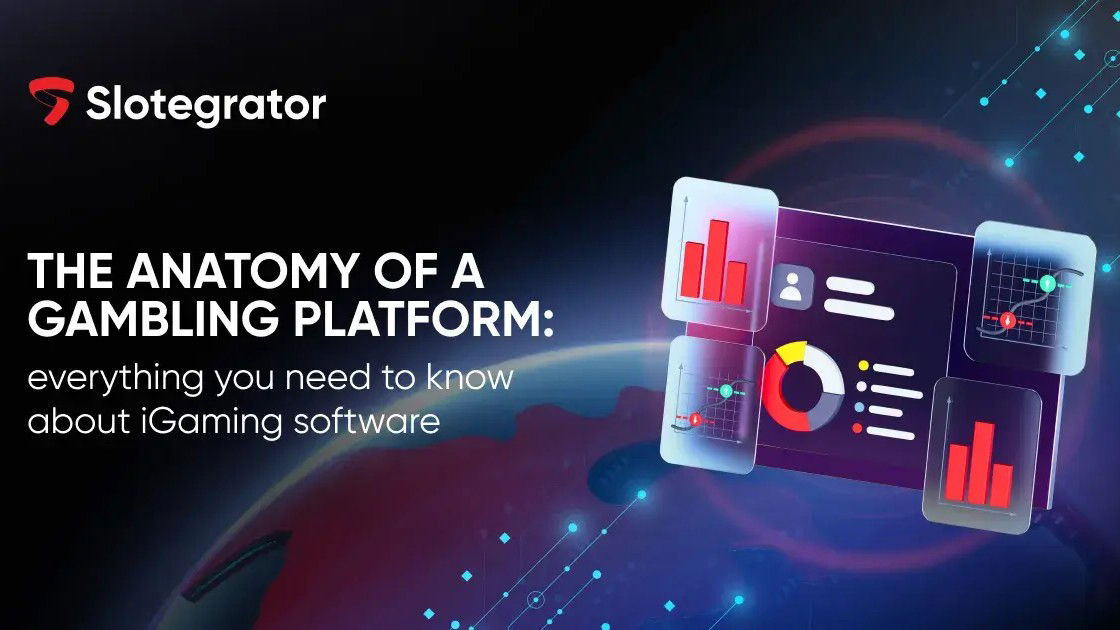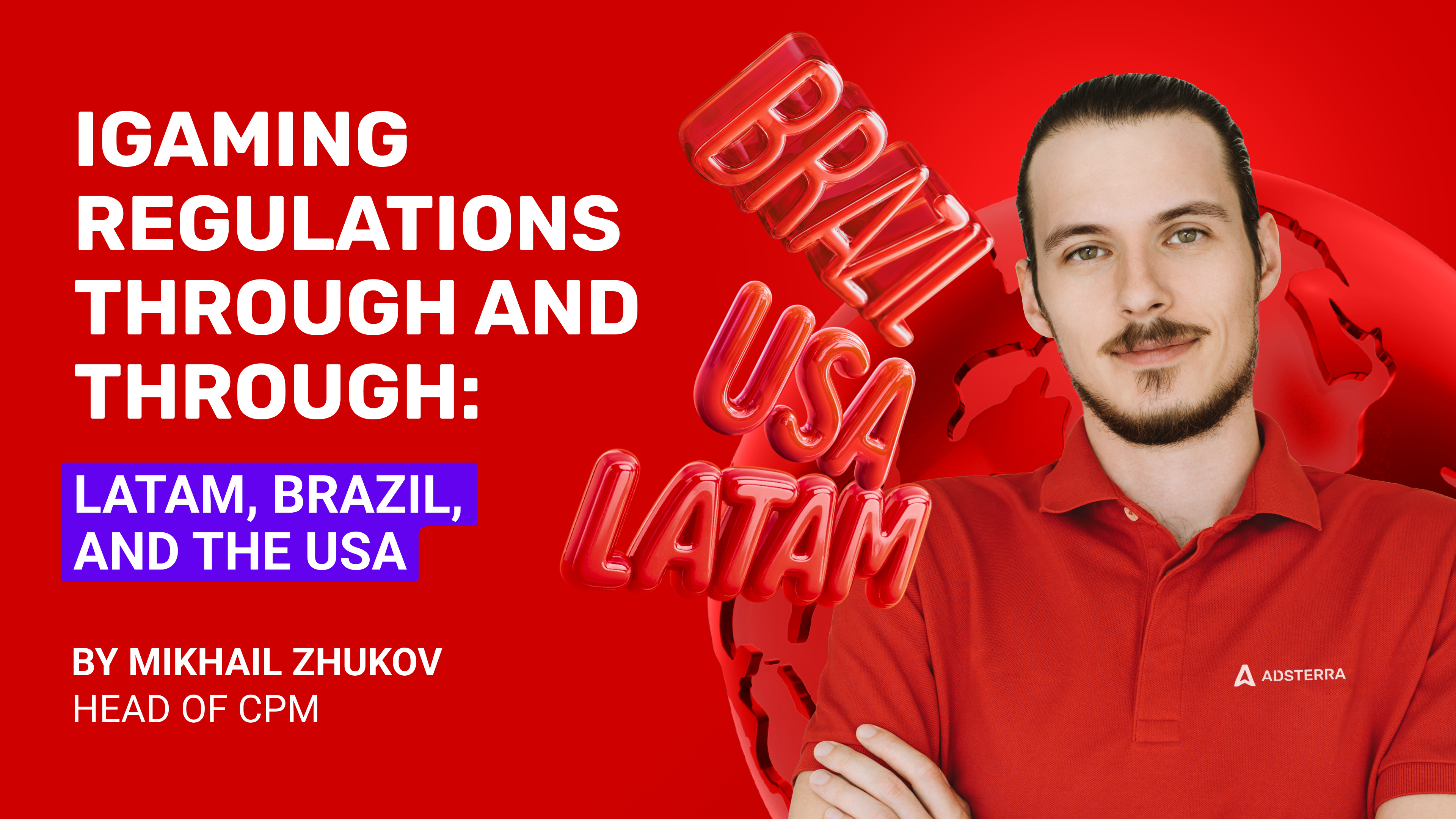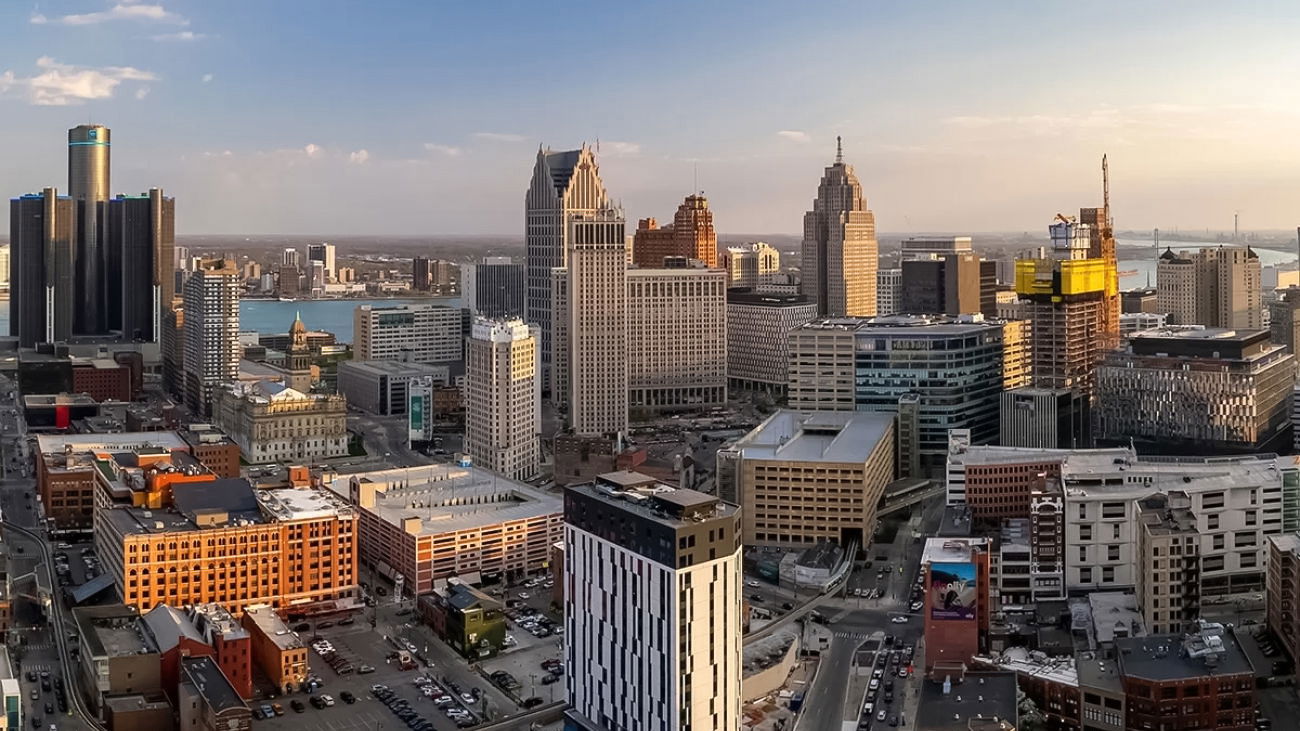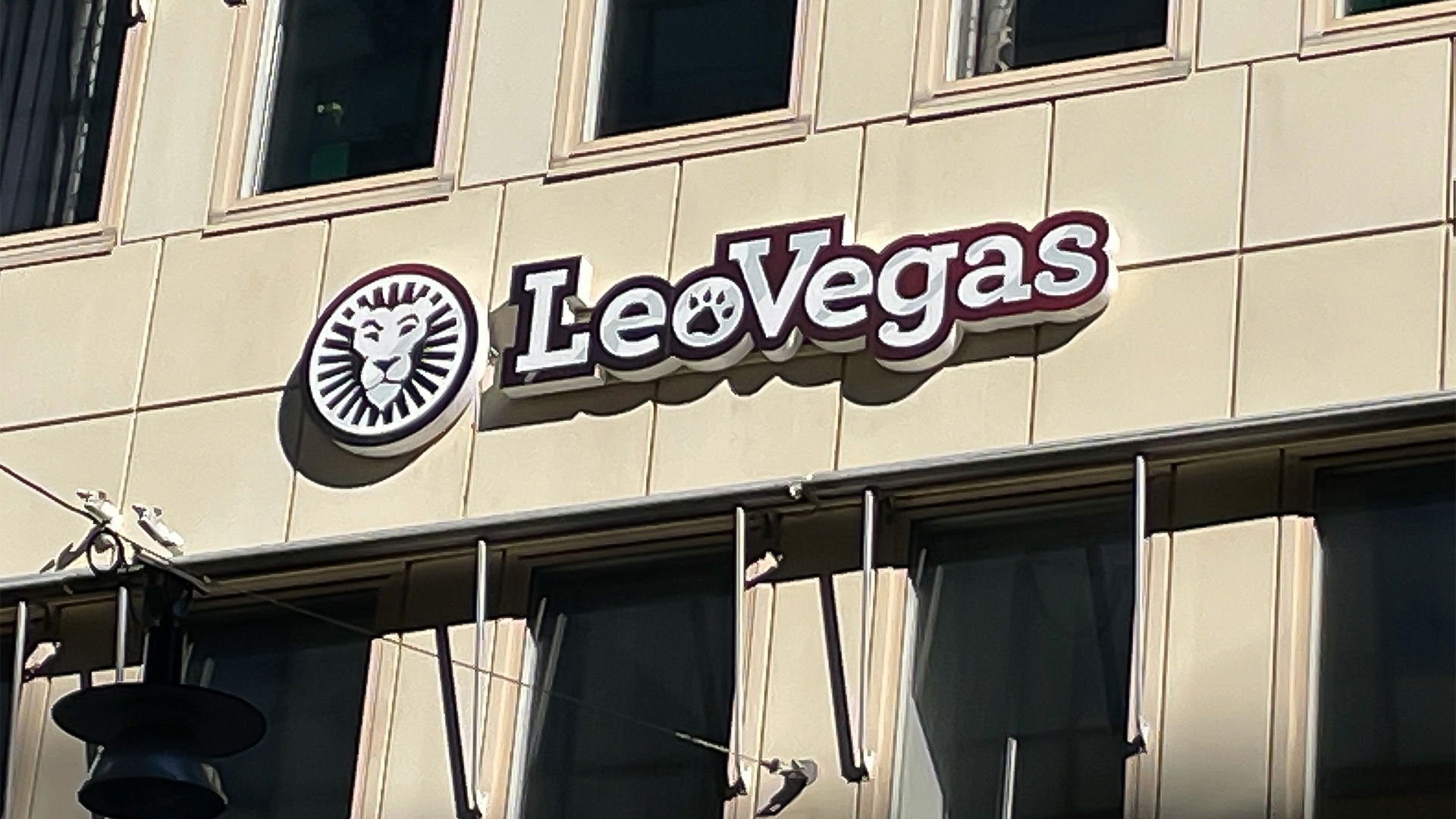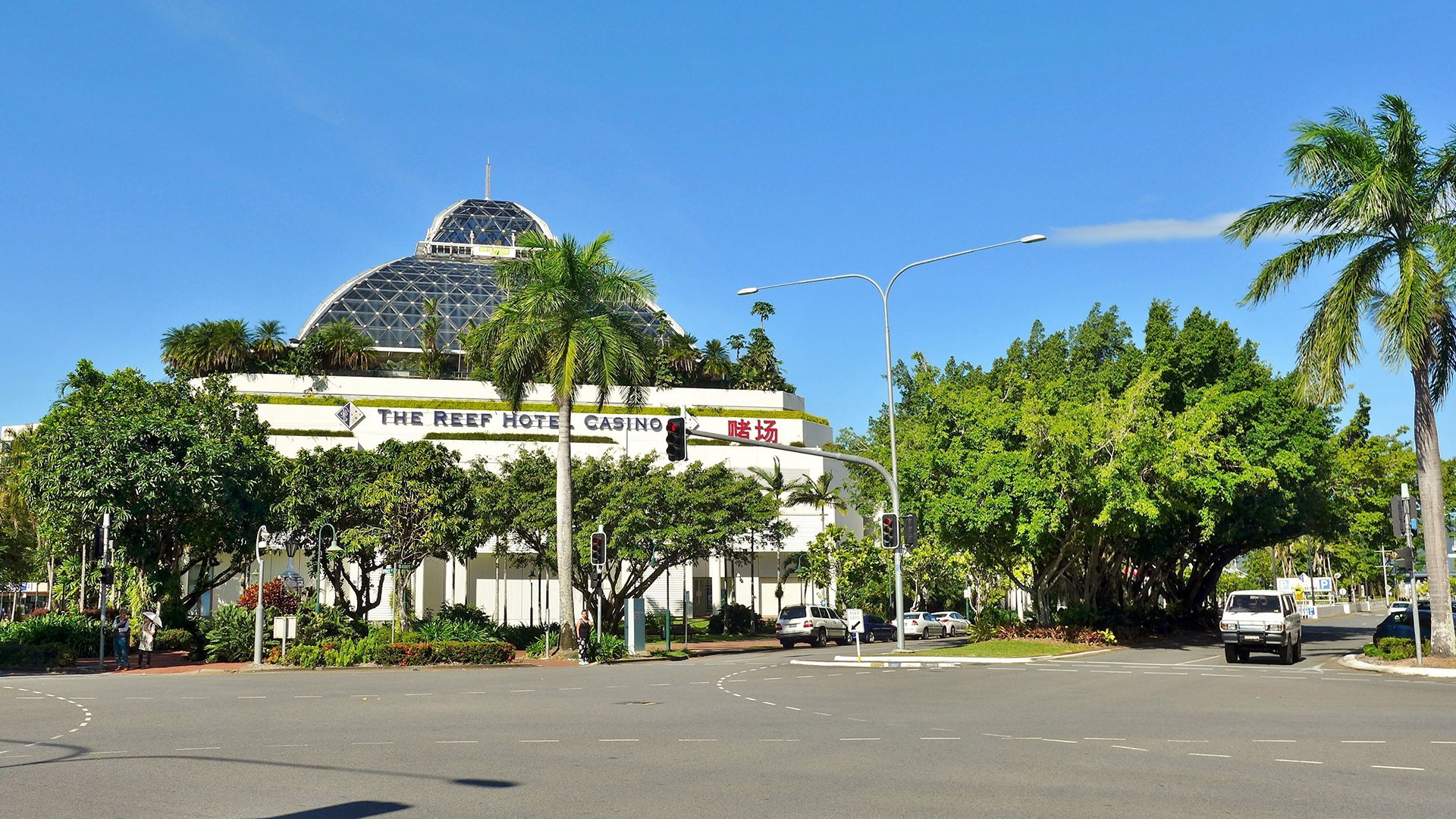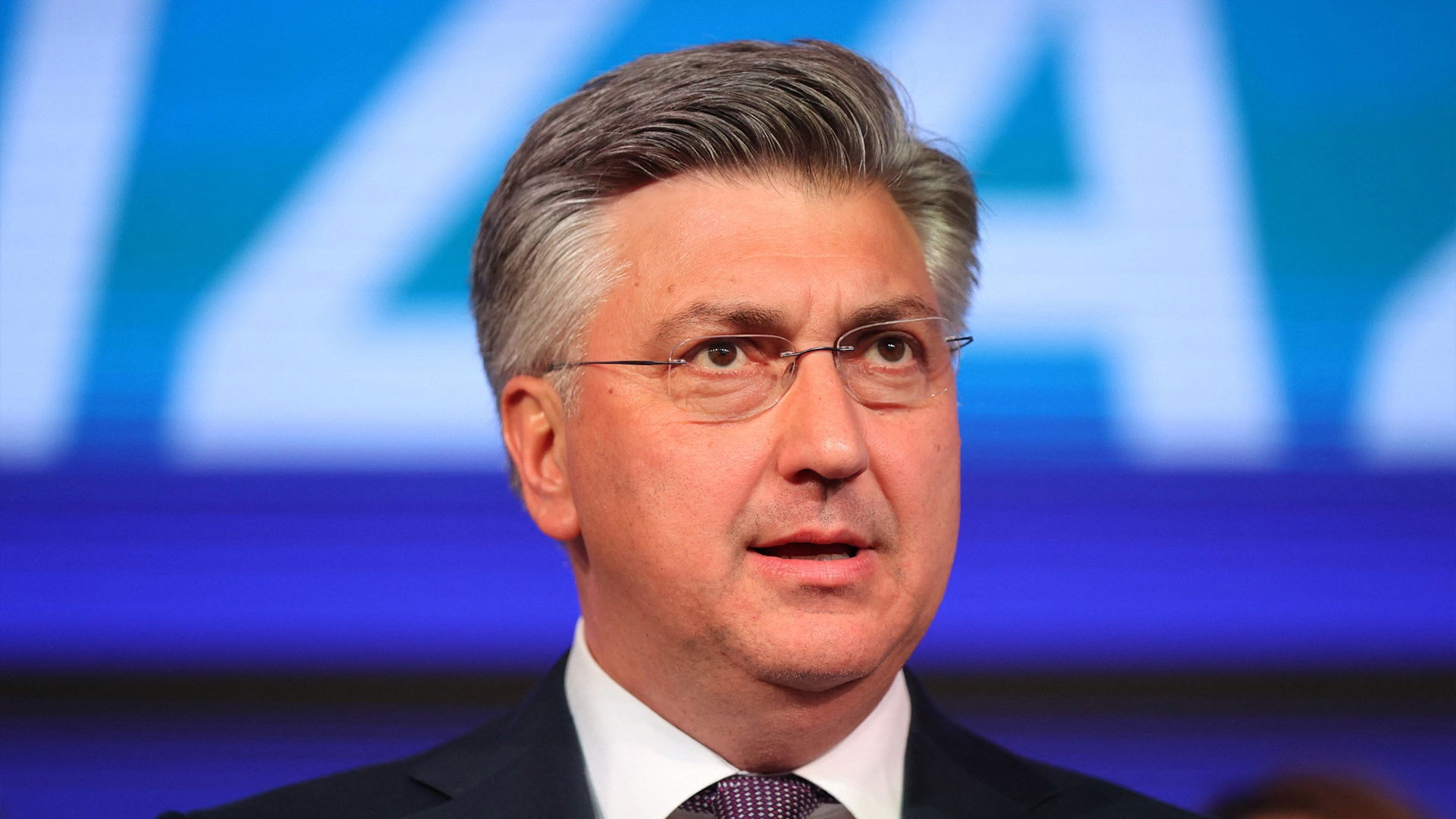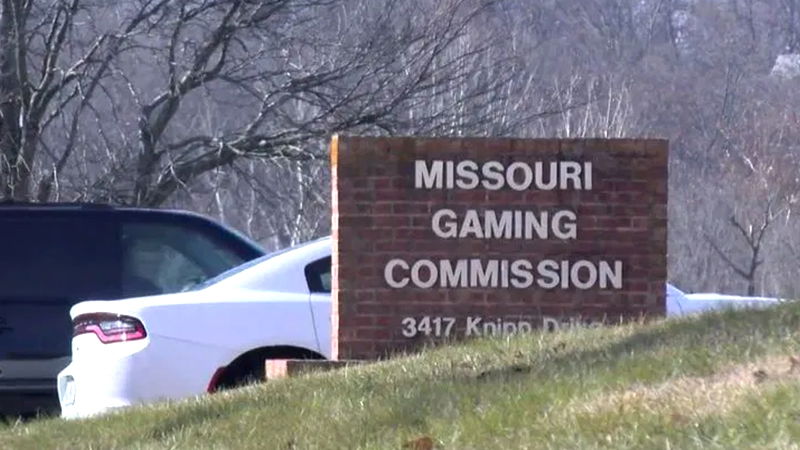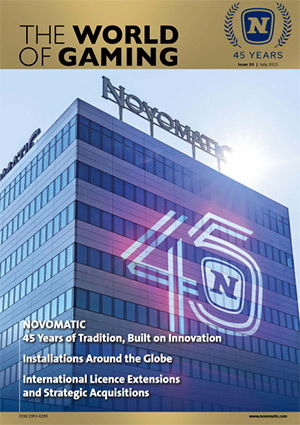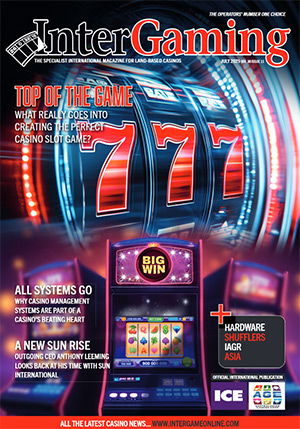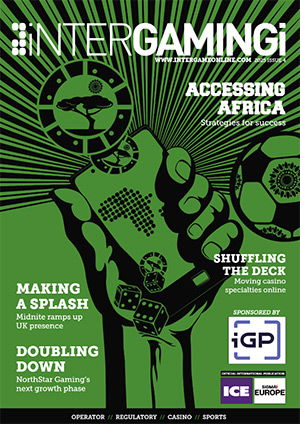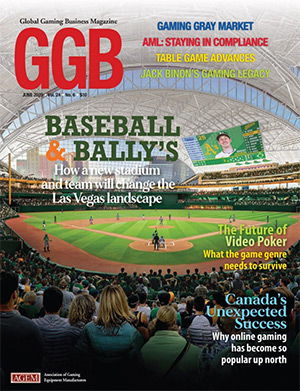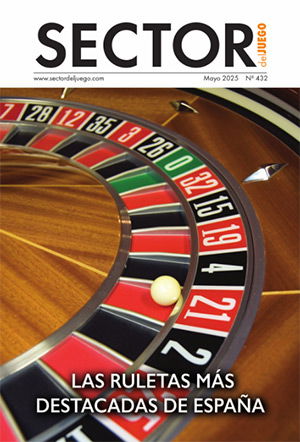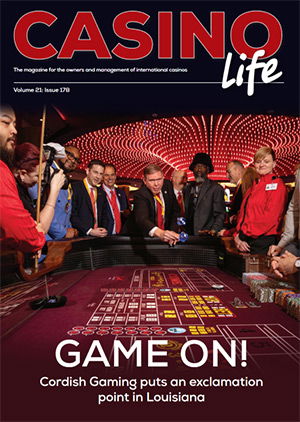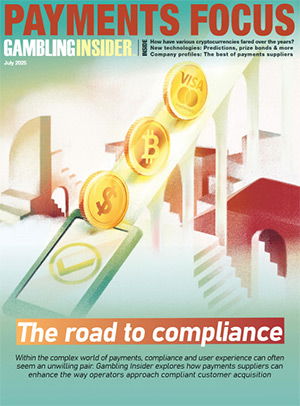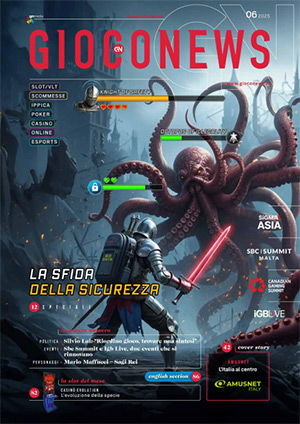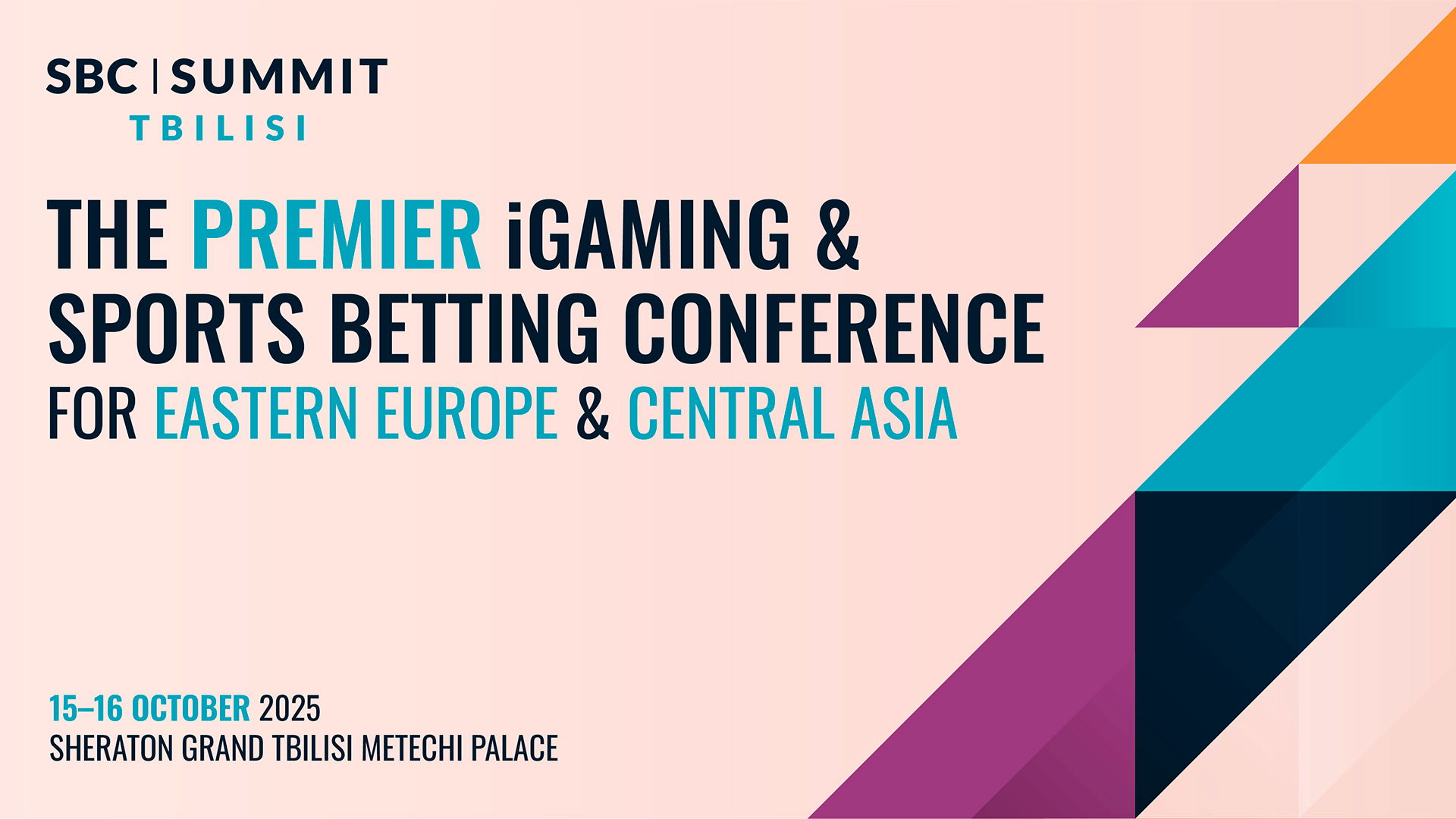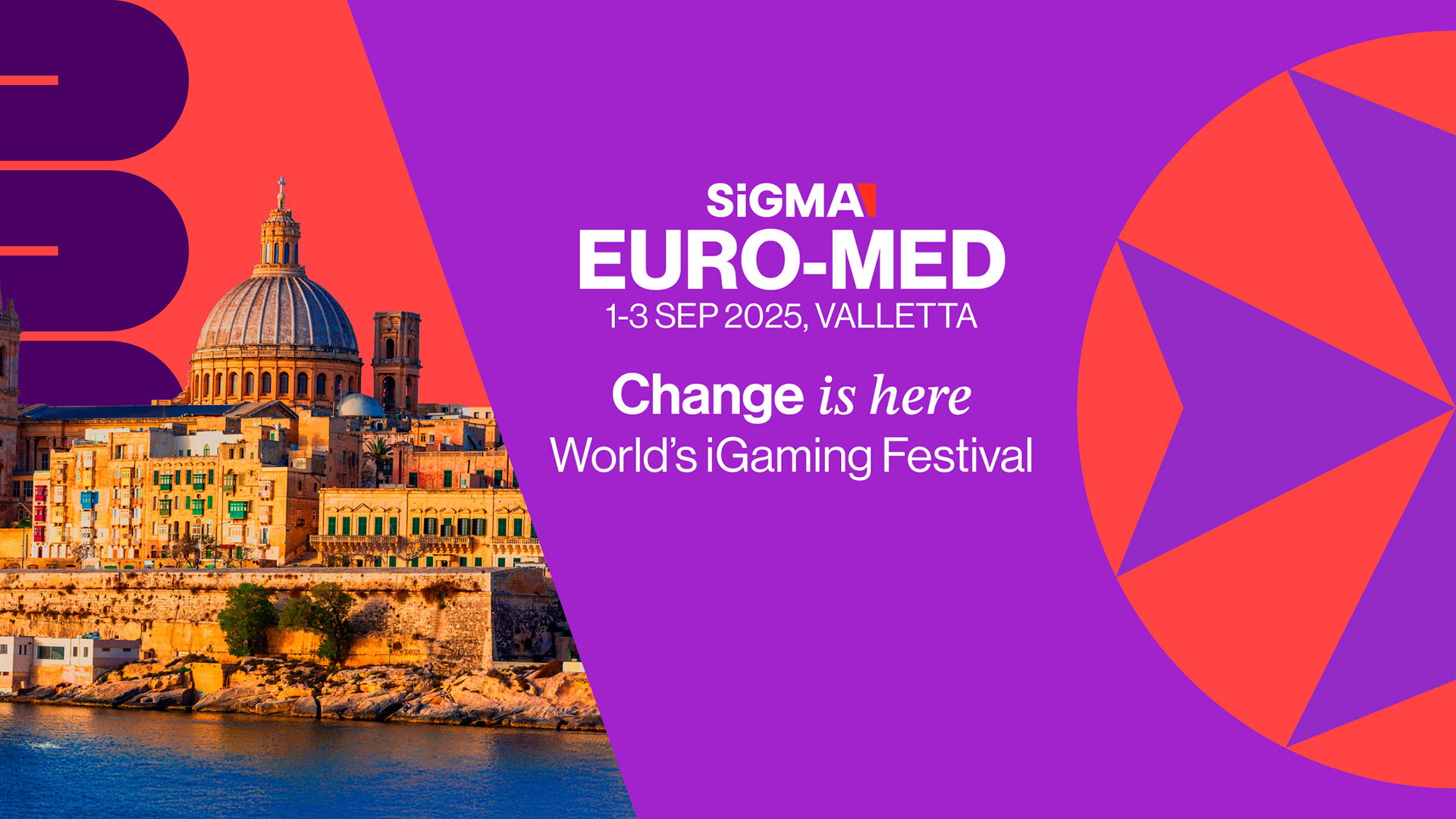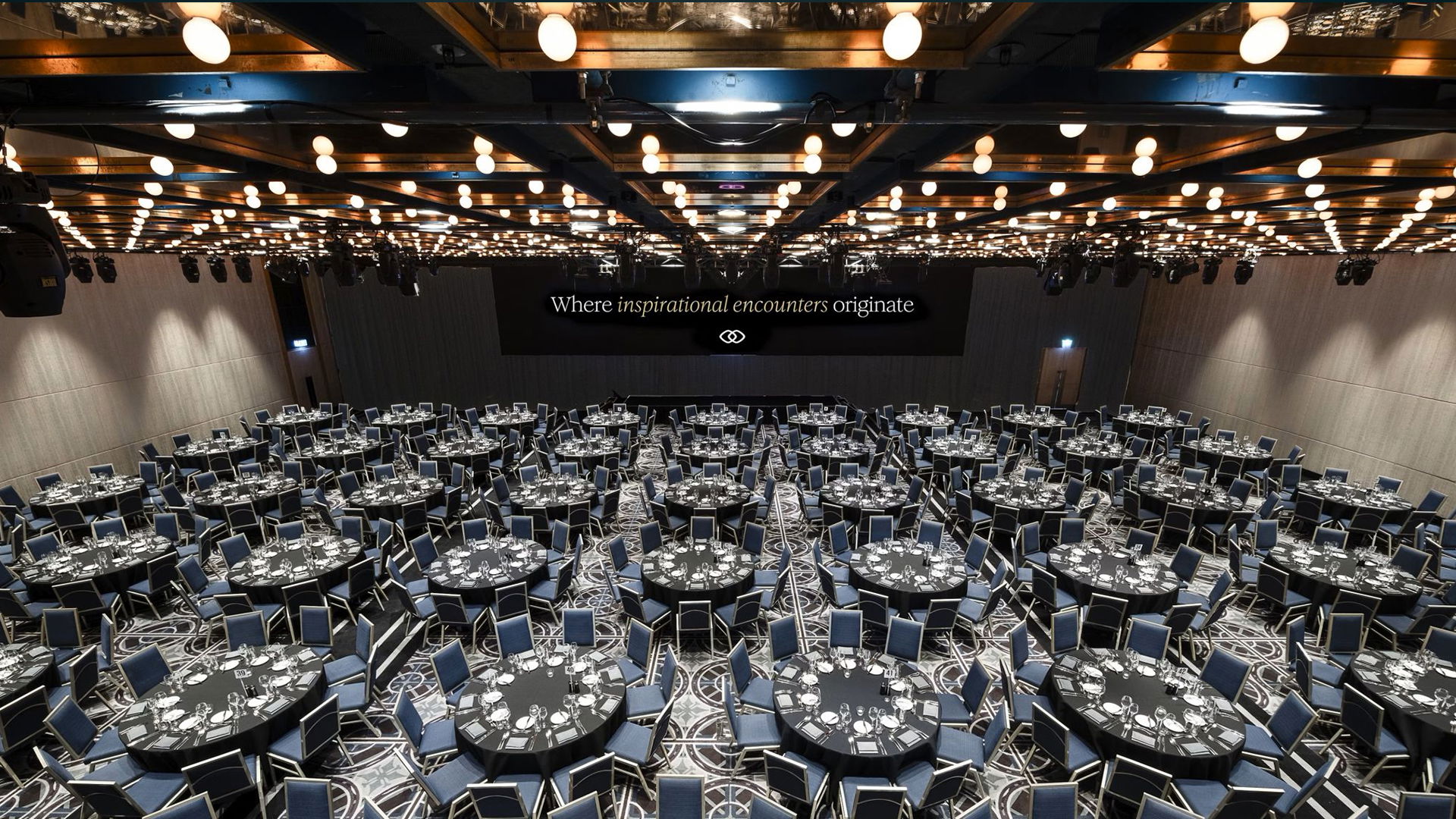Antigua and Barbuda renews call to settle online gambling row with the US

“We feel a little disadvantaged by this process. We’ve been trying very hard over 14 years to get the U.S. Trade Representative's Office to reach a reasonable settlement with us," Mr. Sanders told NBC News.
"If they were going to do it, there would be no better time than now to allow us to rebuild our country on the basis of money which we have lost because of the United States’ action and which has been arbitrated fairly and squarely and legally in our country's favor," he said.
A report by the United States International Trade Commissin, summarizes the dispute between the countries that began when the US launched a crackdown on online gambling back in the 2000s, finally implementing Unlawful Internet Gambling Enforcement Act in 2006 that hit Antigua and Barbuda’s iGaming industry.
Following is an abstract of the report:
During the last decade, online gambling grew in popularity while complex and overlapping gambling laws in the United States left its legal status ambiguous. The United States’ efforts to prosecute foreign-based suppliers of online gambling services prompted Antigua to file a complaint in the WTO, in which it claimed that the United States had violated its GATS commitment to free trade in recreational services. The WTO ultimately ruled in favor of Antigua and awarded Antigua the right to suspend $21 million annually in intellectual property rights held by U.S. firms. This dispute exemplifies the potential for market access commitments to have unexpected
and undesirable consequences. The potential for suspending intellectual property rights as a retaliatory measure may increase the leverage of small countries in trade disputes with large countries, but the implementation and management of such a suspension may be difficult and costly.


